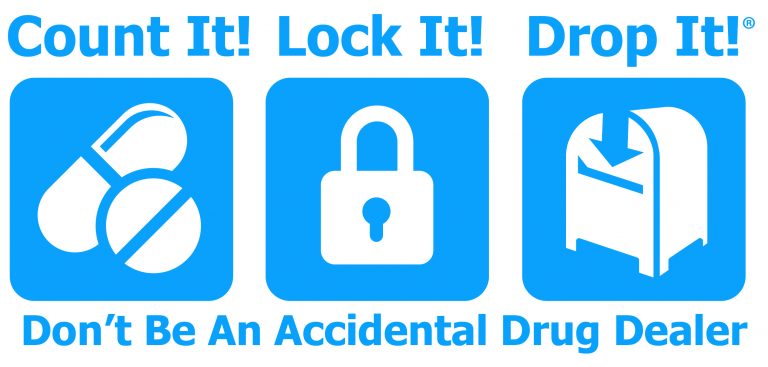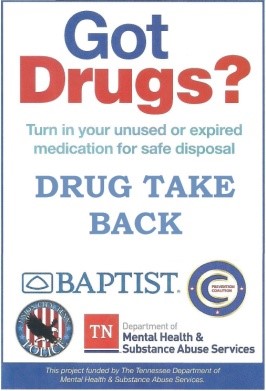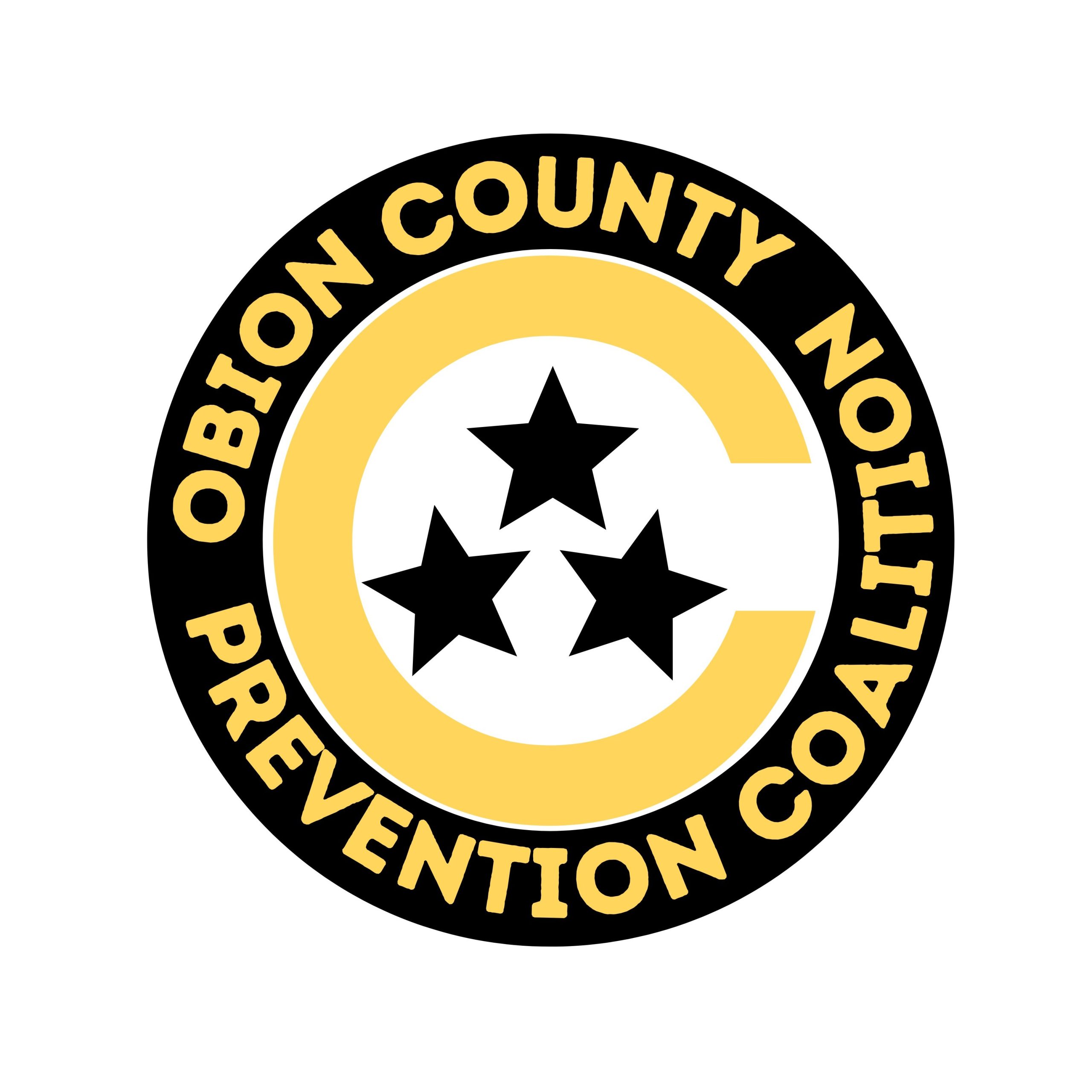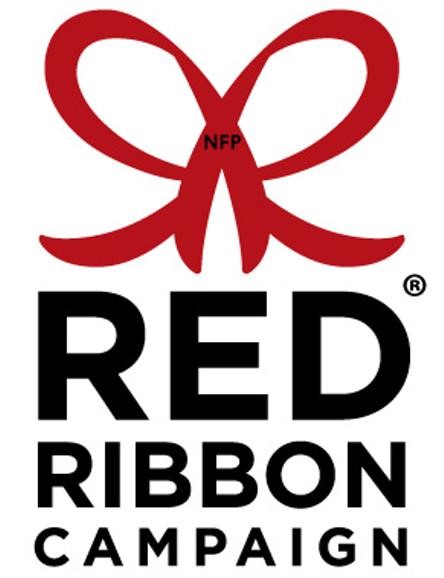Count It! Lock It! Drop It!
Prescription drug misuse is a prevalent and often fatal problem among youth and adults throughout Tennessee. Sixty-four percent of Tennesseans know someone who has become addicted to prescription pain medication*. Despite this alarming number, many individuals still think prescription medication addiction and misuse is a bigger risk for “other people,” and not their households.
When individuals do not properly use or store prescription medications, it creates an opportunity for drug misuse by Tennesseans of all ages.
Count It! Drop It! Lock It! ™ (CLD) is a community initiative supported by BlueCross BlueShield of Tennessee Health Foundation. CLD empowers and educates individuals on how they can help prevent prescription drug misuse by properly counting, locking or disposing of prescription medications.
The Obion County Prevention Coalition has Prescription Drug Lock Boxes available. For more information contact us at [email protected] .
http://countitlockitdropit.org/
© 2017 Count It! Lock It! Drop It! ™
is a trademark of the Coffee County Anti-Drug Coalition
(888) 422-4001 / Fax (931) 570-2361


Prescription Drug Take Back
The Obion County Prevention Coalition is a partner with the Drug Enforcement Agency (DEA), the City of Union City Police Department, City Of South Fulton Police Department, Troy Police Department, and Baptist Memorial Hospital – Union City which participates in the DEA’s National Drug Take Back Program. The program provides a valuable outlet for the disposal of drugs, so residents do not have to keep unneeded or dangerous drugs in their homes, and our environment is not harmed by the introduction of drugs into the water systems.
Citizens may drop-off expired, unused and unwanted prescription drugs to the Union City Police Department, South Fulton Police Department, and the Troy Police Department for destruction. This service is free and anonymous. The following drugs are accepted:
- All pills and powders.
- Liquid drugs are only accepted in sealed packaging.
- Sealed drugs and aids (i.e. diabetic supplies, meters, etc.)
The departments are unable at this time to accept syringes or other types of drug paraphernalia.
A Drug Take Back receptacle is located in each police department main lobby.
Many people are unaware that medicines that languish in home cabinets are highly susceptible to diversion, misuse, and abuse. According to the DEA, rates of prescription drug abuse in the U.S. are increasing at alarming rates, as are the number of accidental poisonings and overdoses due to these drugs. Studies show that a majority of abused prescription drugs are obtained from family and friends, including from the home medicine cabinet. In addition, many Americans do not know how to properly dispose of their unused medicine, often flushing them down the toilet or throwing them away-both potential safety and health hazards. Municipal water systems are not able to properly filter many medications, which sometimes leads to the presence of medications in tap water. Traces of prescription medications have also been detected in streams and other groundwater sources.
Red Ribbon Campaign
Red Ribbon Week is the oldest and largest drug prevention campaign in the country. Although the start end dates can vary slightly depending on the organization and source, Red Ribbon Week generally takes place the last full week in October, with the weekends before and following the last full week included as appropriate celebration dates.
Red Ribbon Week serves as a vehicle for communities and individuals to take a stand for the hopes and dreams of our children through a commitment to drug prevention and education and a personal commitment to live drug free lives with the ultimate goal being the creation of drug free America.
And, perhaps more importantly, Red Ribbon Week commemorates the ultimate sacrifice made by DEA Special Agent Enrique “Kiki” Camarena, who died at the hands of drug traffickers in Mexico while fighting the battle against illegal drugs to keep our country and children safe.

